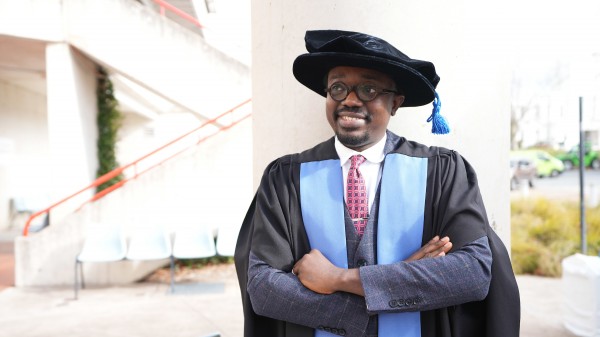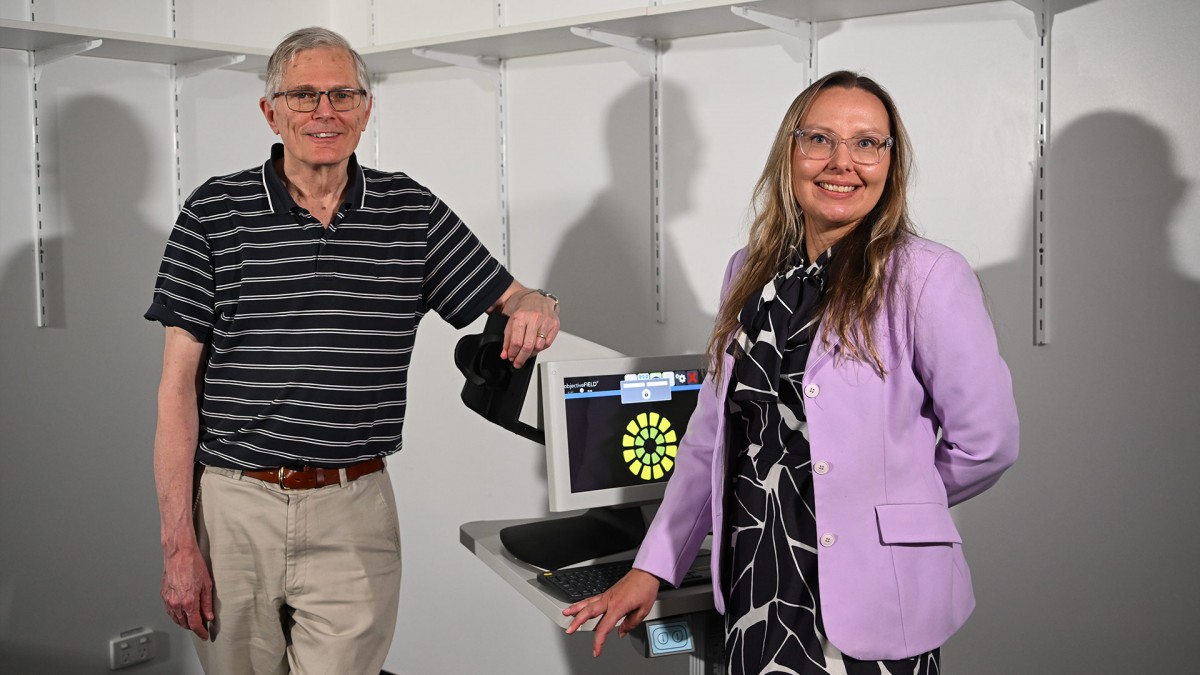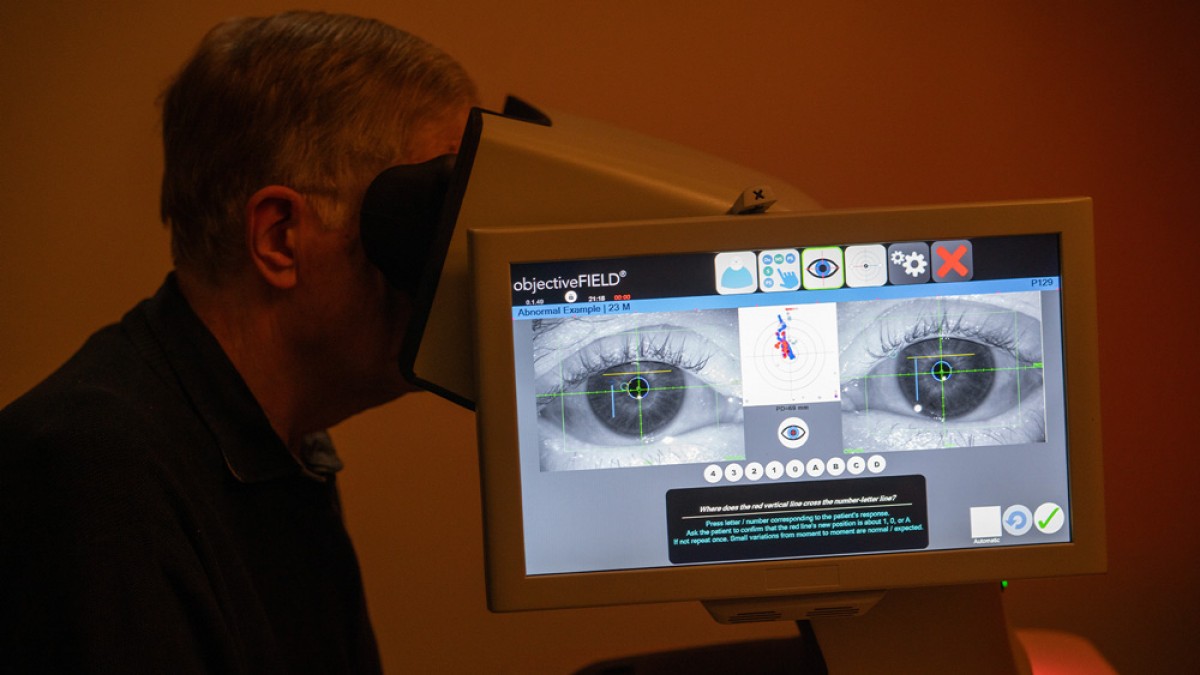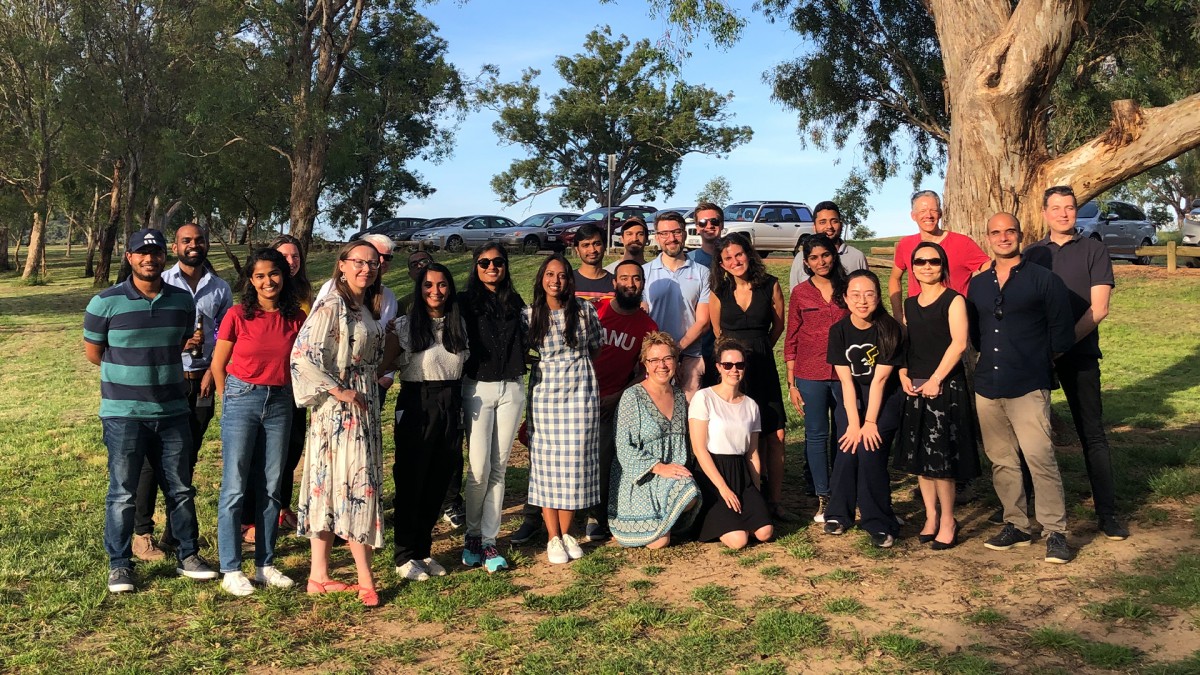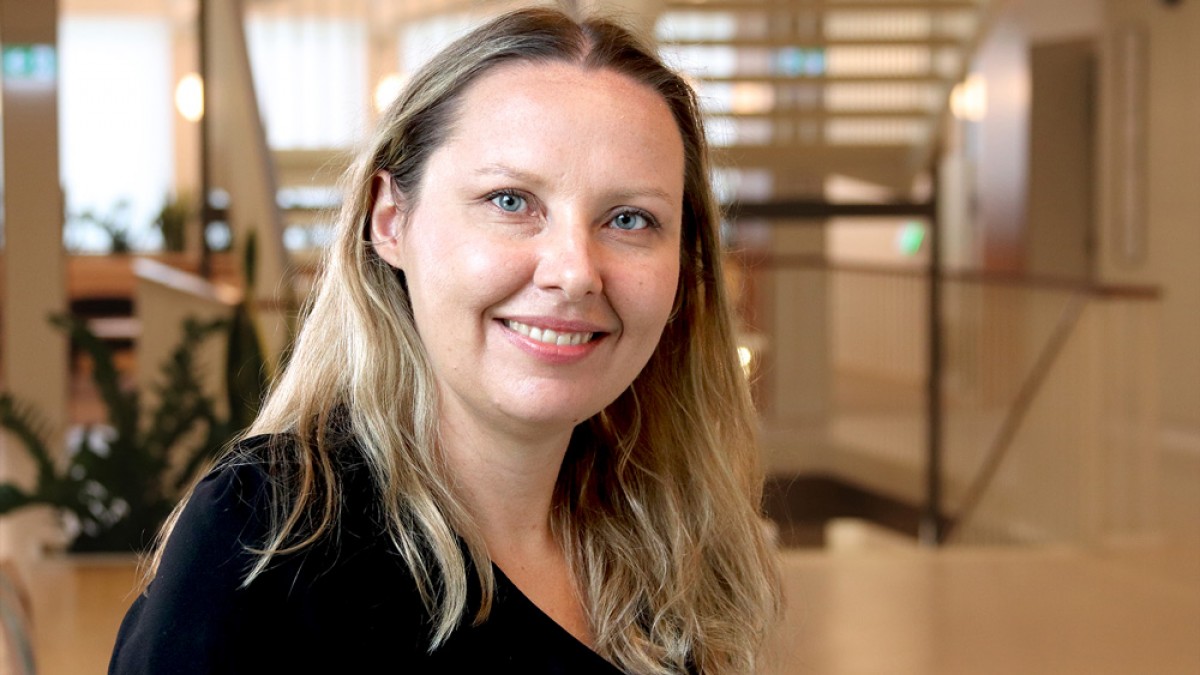Imagine a device that can assess 40 regions of both eyes and the brain in just 82 seconds, reducing the need for blood testing or expensive, time-consuming hospital-based imaging for people with diabetes, MS or other conditions: The objectiveFIELD Analyser (OFA) is just one of the various health technologies developed by Our Health in Our Hands (OHIOH), an innovative cross-disciplinary research initiative of ANU.
This innovation has earned recognition from Research Australia, with the team named as a finalist in this year's Research Australia Digital Health Technology Award.
Since 2017, OHIOH has facilitated a team of over 100 people to work together actively across areas of expertise, professions, and disciplines to develop personalised precision medicine for and ultimately improve health outcomes for people with chronic health conditions.
Researchers involved come from various fields, including chemistry, computing, and engineering through health sciences, medical research, and psychology to, e.g., physics and the social sciences.
“It truly is an honour to be nominated,” Professor Hanna Suominen, one of the Executive Leaders (Computing & Engineering) of OHIOH, says.
“Our recognition as a finalist in this award category means sharing and strengthening the success criterion of being sensitive to the values and needs of people in designing, developing, and deploying digital health technologies.”
Since 2017, OHIOH has brought numerous innovative smart-sensing and sense-making systems to bear, including nanopores, electrochemical sensing, and nanowire gas sensors for smart-sensing and smart sense-making systems, machine/deep learning applications to enhance existing and emerging sensors, and study minimally invasive markers of MS and diabetes.
“OHIOH has brought numerous innovative smart-sensing and sense-making systems to bear – for example, an AI-empowered device developed and commercialised by OHIOH and Konan Medical,” notes Professor Suominen.
The device which was developed and commercialised by OHIOH and Konan Medical is able to assess 40 regions of both eyes and the brain in 82 seconds, providing high diagnostic and prognostic power for diabetic retinopathy, MS, and other diseases. The objectiveFIELD Analyser (OFA) reduces the need for invasive blood testing or expensive, time-consuming, hospital-based imaging.
“It reduces the need for invasive blood testing or expensive, time-consuming, hospital-based imaging. Its diagnostic and prognostic power is high for, for example, diabetes and MS,” Professor Suominen adds.
“Our work is designed to reduce cost and improve health care. That operates in two ways: better and earlier diagnosis and also better monitoring over time to aid treatment decisions,” says Professor Ted Maddess who is leading the objectiveFIELD research group.
“These digital technologies hold the power of helping us people to become better in our health care,” explains Professor Suominen.
“Digital health technologies provide a way to facilitate healthcare provision to a rapidly growing world population.
“They can be tailored to an individual’s needs irrespective of geographical location or social circumstances. Machine-assisted work and information flows will contribute to global health.”
The Health and Medical Research Awards by Research Australia are a tribute to the immense talent within the Australian Health and Medical Research sector. These awards acknowledge the remarkable endeavours and accomplishments of both individuals and teams, who actively contribute to and bolster the prospects that health and medical innovation offer to our society.






